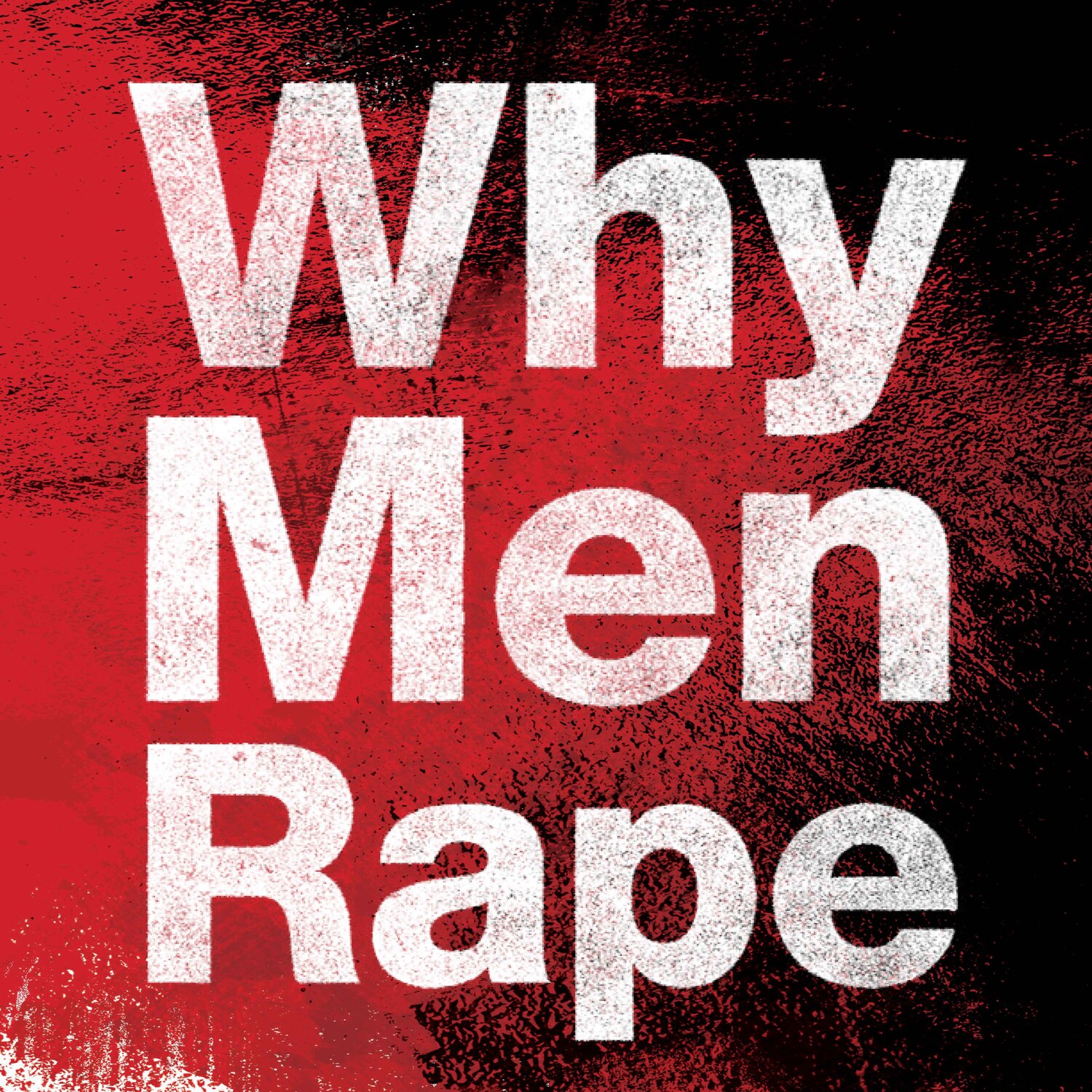by Hiya Harinandini
I can’t be the loudest voice in the room. I can’t boldly go where no woman has gone before. Doesn’t mean my feminist warrior spirit is any less bright than yours.
There was a time, ten years ago, when I used to sign off letters with “Yours, Tiny”; I also believed that you needed to be bigger (bigger than I was, certainly), to be taken seriously. Looking back now, the former feels like an infantile invite for protection and the latter, a loathsome lack of self-acceptance. Even over time, self-love is not a smooth sail and to add to that the raging societal opinion of the petite deserving protection before rights. For too long, I’ve constantly felt elbowed out on walks with groups of taller people (very literally) and it is only recently that I discovered what a metaphorical extension that phenomenon can be for “adorable and tiny” feminists like me who can’t be warriors, can’t be the loudest voice in the room and can’t be expected to find their way back home. As college swirls past and my politics of feminism becomes blurrier by the minute, most casual encounters end with offence taken, kept for a good while, and painfully discarded only when I realise that the promptness to dismiss my abilities is not underscored by any mean intention but only a hyperprotectionism that is sadly AND practically attached to appearance.
A little less than a year ago, I was involved in month-long protest demonstrations for the Hindu College Girls’ Hostel. The hostel had been under the scanner because of unfair and sexist set of rules of admission and stay—a strictly policed curfew, an insensitive fee structure and a shady procedure of admission—to name a few. Once, after a whole day of the absolute callousness of the authorities to our demands, we had decided to spend the night in college post lockdown. It was going to be as an act of solidarity and resilience. There were roughly 20 of us—exhausted, angry but still singing. I remember being propped against a pillar, chaos all around me, because it was time to arrange for food. Just after I had confirmed that I was eating, a guy from the boys’ hostel who had been present day-long in the foyer area where we had staged the demonstration, placed his hand on his friend’s shoulder and remarked with what looked like guileless sympathy, “Please get her something to eat yaar, how has she even managed to stay on so far?”
I don’t remember being surprised at all. And I remember feeling horrible that I don’t anymore. Speaking from experience, I know how often even those who honestly consider themselves allies will spout casually problematic statements, in the ignorant belief that these pronouncements are legitimately and genuinely on the other side of the offensive spectrum. My girlfriends, for instance, have pointedly talked about how I survived a whole day on the streets all by myself just because I’m petite and “look” like I can “get lost”. This, while making their feminist stance palpable in more explicitly demanding settings such as consuming contraband and not flinching as I do the same—but only in a safe space, with them. The inconsistencies of the movement, then, become glaring. And it gets tiring to confront every day. I have been asked on multiple occasions at multiple airports if I am travelling alone. Reactions to that are usually either a nod acknowledging extraordinary daring or a gentle gasp of concern. I always see it coming. These are strangers who conventionally attach muscular potential to vitality of existence. So, the fact that I don’t know them well enough to spot loopholes in their ideological demeanour makes things simpler and to an inevitable degree, acceptable. What stings is when feminist allies decide to selectively acknowledge agency and practically undermine ideals that they would shed blood for on paper. But maybe this is my reckless, killjoy feminist alter-ego talking. Maybe the fact that I have one in the first place suffices to say how conflicted I feel in the face of good intention politely barring my claim to public space. To know for a fact that a woman of my physique and being can be relatively ‘more unsafe’ in a lonely alleyway than say, a well-built woman, is of practical value and important to consider. I struggle, then, to distinguish casual body-shaming about my petiteness and its perceived restrictions, from well-intentioned but forbidding and disempowering advice that I need to accept beyond its moralising exterior.
Maybe it’s time we expanded the scope of what we consider a feminist perspective. Inconsistencies in the movement can be products of ignorance (inevitable or impermeable), or an easily misleading caution of the dangers which lurk on every street past midnight that we vow to reclaim. In the first case, silence is not acceptable and problems need to be tackled out loud, win or lose a few friends. In the case of the latter though, it’s a struggle every day, much like the one that presents itself at every juncture when textbook feminist theory demands application in real life. I don’t think we have yet reconciled the two equally relevant ideas of claiming safety and space at once. And I am not sure we will, anytime soon. But what we must live by, wholeheartedly, is our right to both, petite or not.

